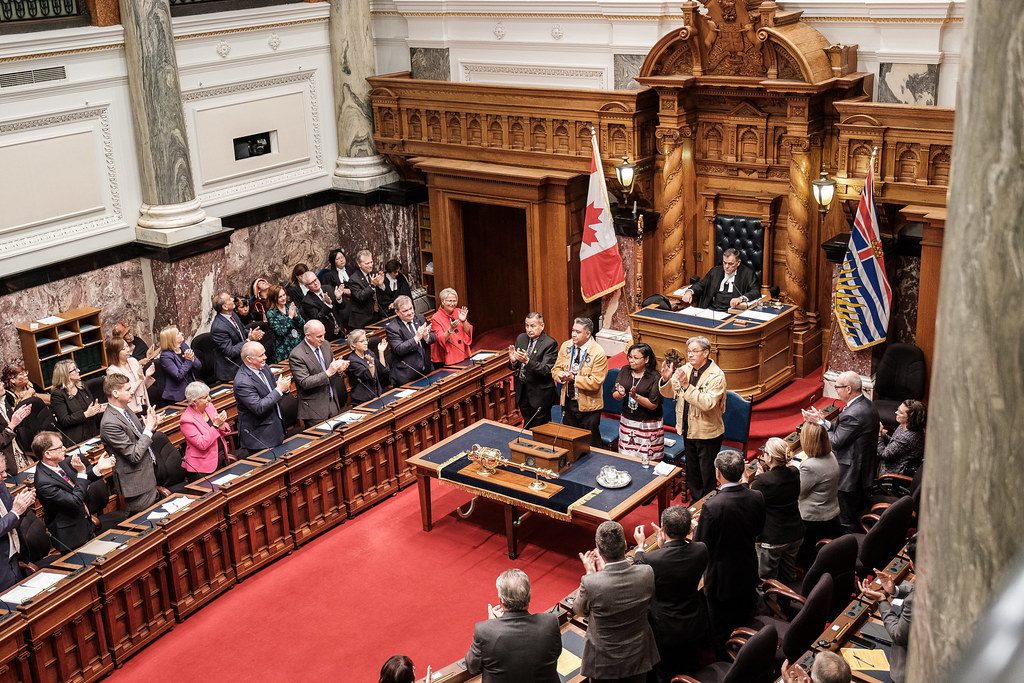New law to give indigenous peoples more sway in British Columbia

British Columbia passed a law that will give indigenous people more sway in matters affecting them, becoming the first Canadian province to formally adopt U.N. standards on the issue.
“It is time we recognize and safeguard indigenous peoples’ human rights, so that we may finally move away from conflict, drawn-out court cases and uncertainty, and move forward with collaboration and respect,” Scott Fraser, B.C.’s minister of indigenous relations, said in a joint statement with indigenous leaders who helped write the legislation – including the BC Assembly of First Nations, the Union of BC Indian Chiefs, and First Nations Summit.
The law could reduce uncertainty for major resource projects that are frequently hit by protests and litigation
B.C. on Tuesday became the first province in Canada to legally commit to bringing its laws up to the standards outlined in the U.N. Declaration of the Rights of Indigenous Peoples (UNDRIP).
The statement from Fraser and others cautioned that this process will take time.
Prime Minister Justin Trudeau’s government attempted to pass a law that would commit Canada to UNDRIP’s standards during its first term in power, but the bill stalled due to criticisms that it would give indigenous groups a veto on future energy projects.
Both the Mining Association of British Columbia and the British Columbia Chamber of Commerce have endorsed B.C.’s bill.
The law could reduce uncertainty for major resource projects that are frequently hit by protests and litigation by requiring miners to obtain buy-in from indigenous communities before they seek provincial permits.
But there are also concerns it will hamper investment in mining and energy.
“It’s not a panacea, let me tell you that,” Russell Hallbauer, chief executive officer of Vancouver-based Taseko Mines Ltd told Reuters before the bill was passed.
The bill must now receive royal assent, and is expected to be formally passed into law before the legislature’s current session ends on Thursday.
(By Moira Warburton and Jeff Lewis; Editing by Bernadette Baum and Lisa Shumaker)
{{ commodity.name }}
{{ post.title }}
{{ post.date }}




Comments